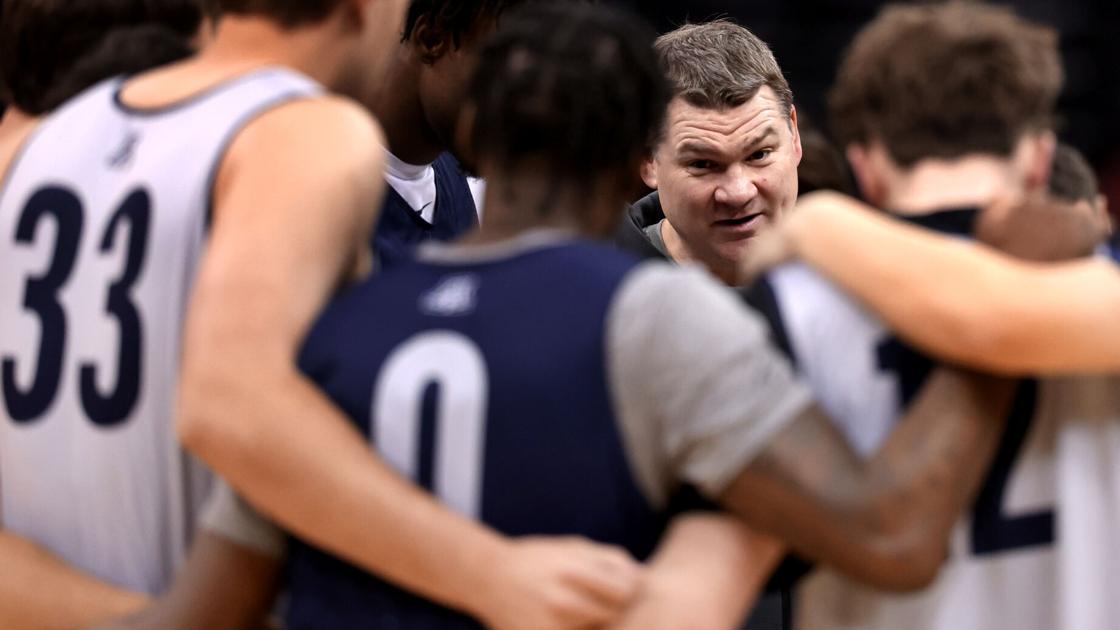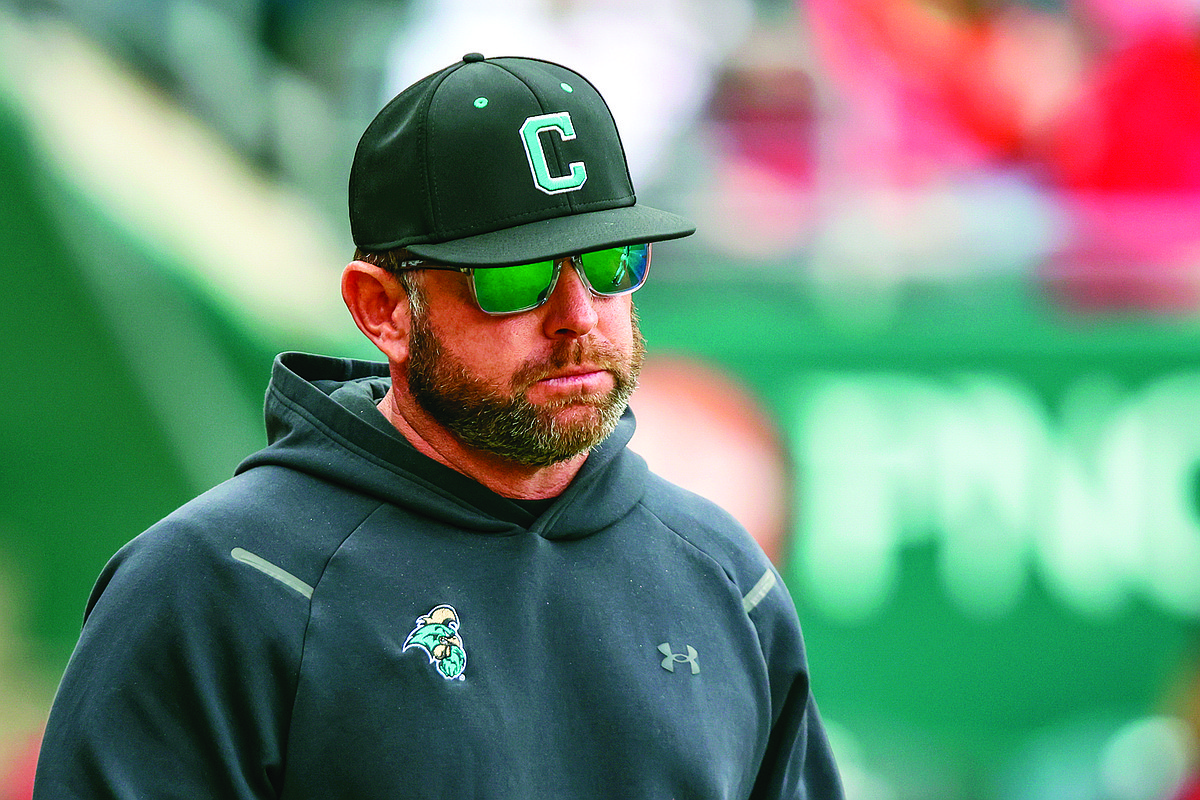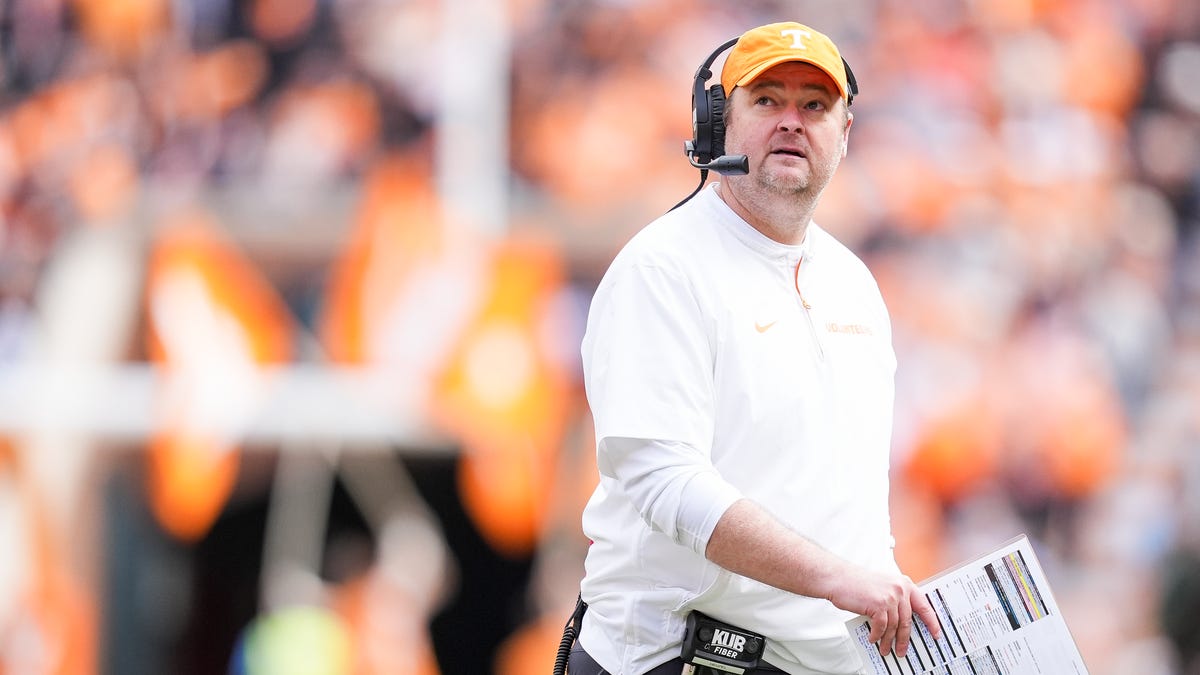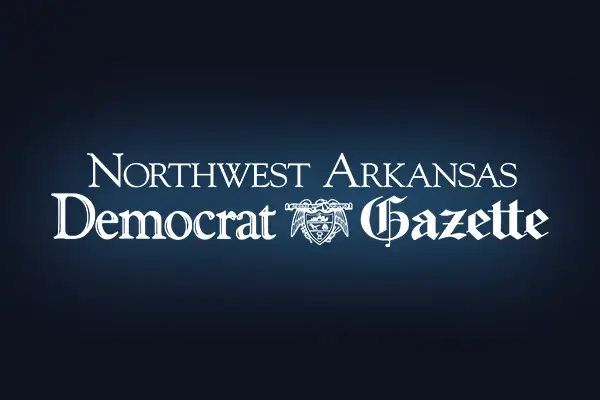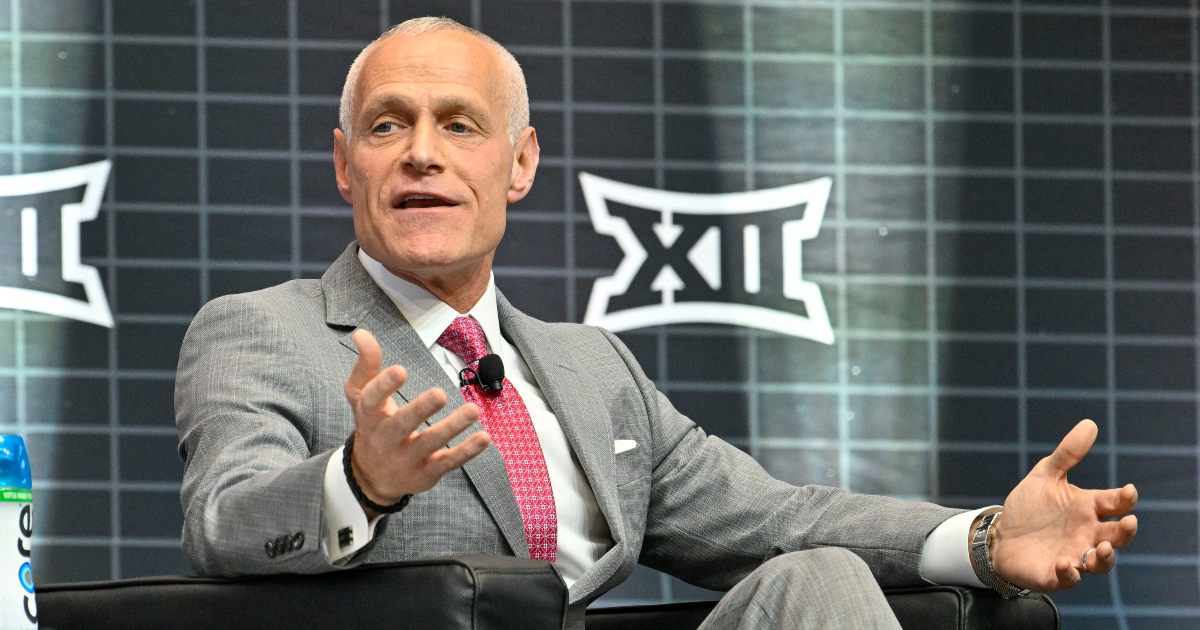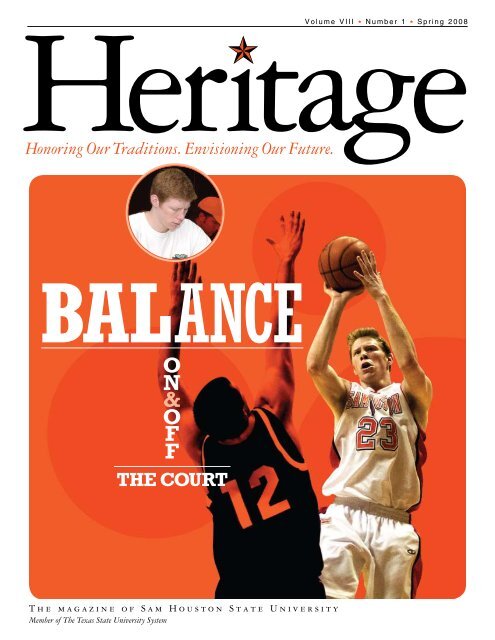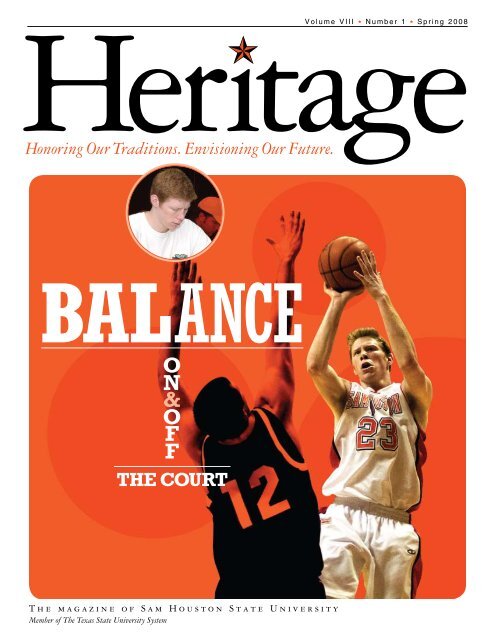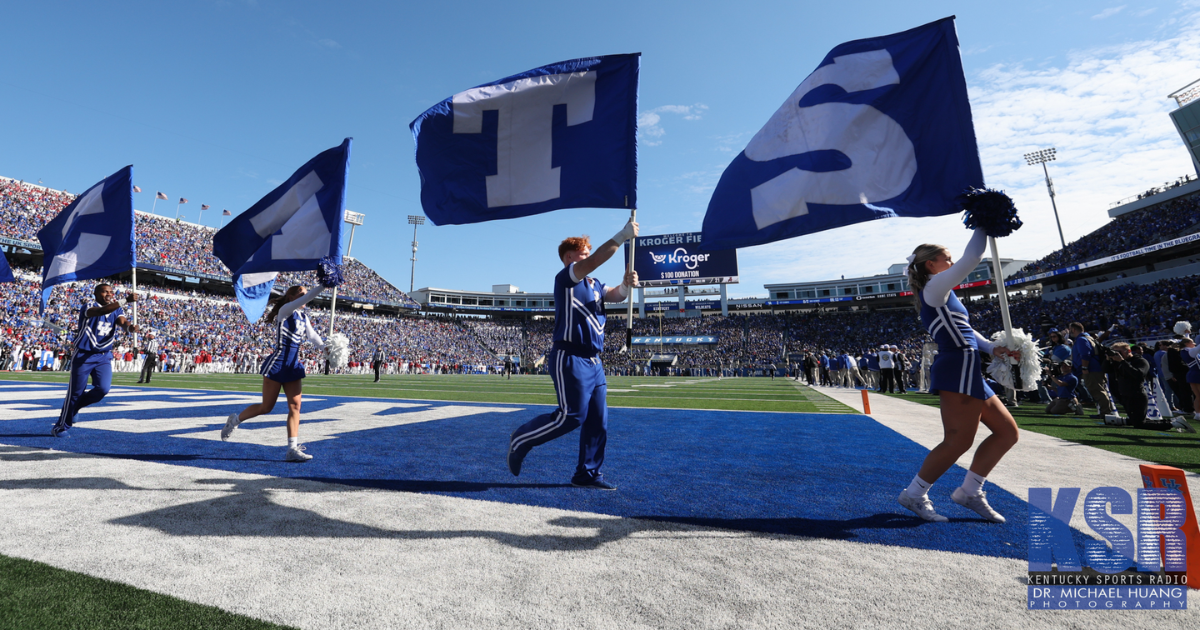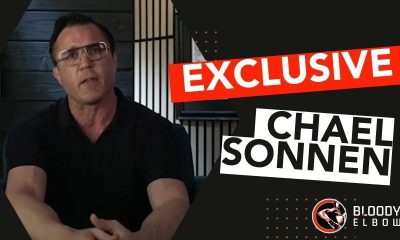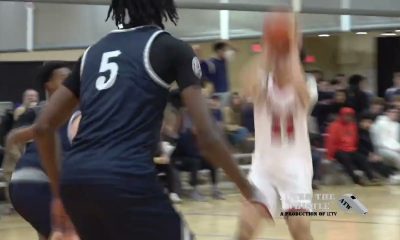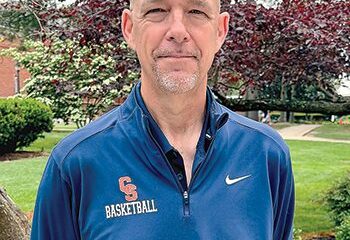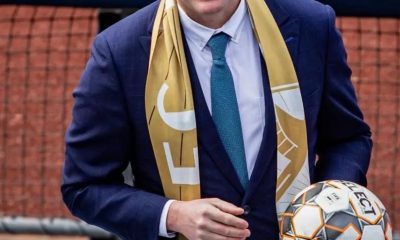The University of Arizona and other state schools may have gained a competitive recruiting edge under a bold new state law regarding NIL and school-based compensation packages for athletes.
Under SB 1615, signed Wednesday by Gov. Katie Hobbs, Arizona athletes can now be paid among the most of anyone on campus but they won’t be considered employees and their compensation packages won’t be released to public-records requests.
The new law also allows schools to funnel NIL — typically third-party funds for the use of an athlete’s name, image and likeness — without regard to NCAA rules on it. An initial version of the bill said Arizona schools could only allow NIL compensation “to the extent allowed” by the NCAA but that provision was struck.
The bill, initiated by state senator T.J. Shope, passed 51-4 in the state House and its final revision passed the state senate unanimously before Hobbs signed it Wednesday.
People are also reading…
Saying Arizona’s athletic department appreciated the leadership of both Shope and Hobbs, UA athletic director Desireé Reed-Francois said the new law keeps the school competitive in an NIL landscape that has changed rapidly since Arizona’s first NIL law passed in 2019.
It’s “a law that positions our state at the forefront of college athletics in the evolving era of name, image and likeness,” Reed-Francois said. “SB 1615 ensures the University of Arizona has the tools and structure to remain nationally competitive in recruiting and retaining top student-athletes. The bill provides greater clarity around the rights and protections of student-athletes engaging in NIL activity.”
Shope did not respond to messages seeking comment.
Braly Keller, director of collegiate services and insight for NIL platform Opendorse, said Arizona’s law was much more comprehensive than those of other states.
“There are plenty of state laws in flux, but Arizona quickly went from one of the shortest and more dated NIL laws to a robust policy that hits on new issues and House settlement-related framework,” Keller posted to X on Friday.
Among the key provisions Keller cited included the ability for schools to pay athletes directly, the non-employee designation for athletes, the ability for schools and nonprofits to hold raffles for athlete pay, the ability for schools to incentivize a third party, and the striking of the requirement for NIL pay to adhere to NCAA rules.
Keller referred to the third-party provision as the “Mizzou Model,” saying Reed-Francois was an architect for that model when she was Missouri’s athletic director. It essentially allows schools to go to an outside booster or business and solicit money from them that the school would funnel to its athletes.
The provision is “something that helped put Missouri in national prominence,” Keller said.
Keller also noted that Arizona’s law prohibits schools from revoking a scholarship or eligibility because of NIL engagement, while it also keeps schools from having to release records of athletes’ compensation packages to the public. The salaries of UA employees are considered public information.
Keller said more states have begun including similar clauses prohibiting public access to athlete contracts via Freedom of Information requests, but that less than a dozen currently do.
If the House settlement is finalized as expected this year, schools will be allowed to directly pay their athletes up to $20.5 million total in revenue-sharing funds. In addition, they will be able run outside NIL funds to the athletes for a paycheck bundle of sorts.
However, the House settlement includes a provision that NIL deals over $600 will be subject to scrutiny to ensure they are not above market value, one reason schools and players have been rushing to sign deals this spring before the House settlement is final.
UA has been committed to paying out the maximum of $20.5 million in revenue sharing funds, with most of it earmarked for football and men’s basketball players.
Combined with NIL payments, UA and many top men’s basketball programs are expected to have player payment budgets of $8-10 million or more, translating into a high six-figure or low seven-figure payment for top players.
Contact sports reporter Bruce Pascoe at bpascoe@tucson.com. On X(Twitter): @brucepascoe

